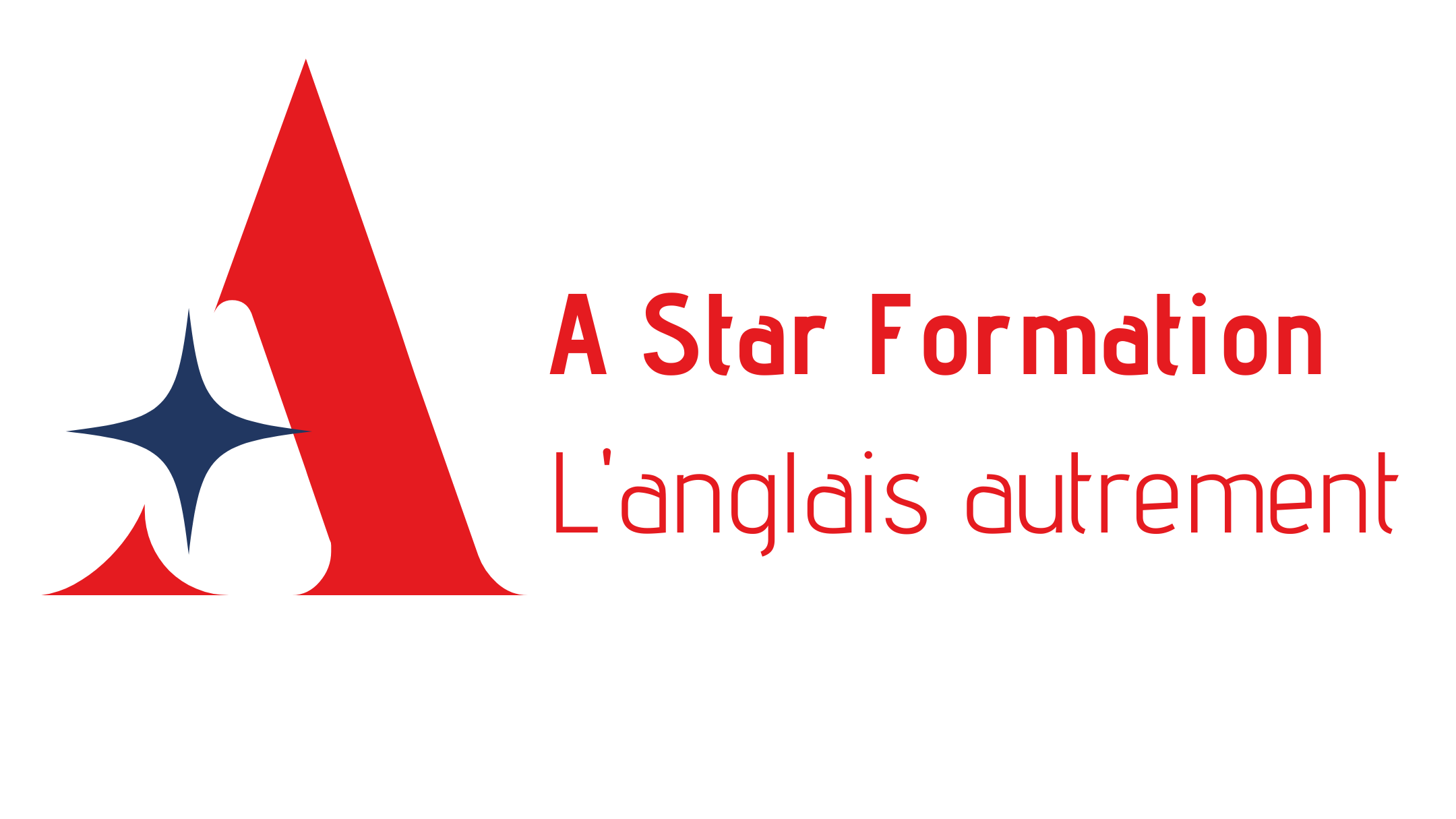Presenting in English: Worried About Forgetting Your Words?
Imagine this scenario: You’re in the midst of presenting your new products to clients or sharing your project with the company’s top executive. Suddenly, the word you desperately need slips your mind. You come to a halt, your mind goes blank, and you find yourself unable to recall any words. As you stand before the audience, your mouth opens and closes like a goldfish while all eyes are fixed upon you, waiting in anticipation.
It’s quite common for individuals to experience apprehension about not being able to find the right words during a presentation. The fear of forgetting or stumbling over words can be a significant source of anxiety for many people. However, it’s essential to remember that this fear is natural and can be managed with practice and effective presentation techniques. In public speaking skills training, participants can learn strategies to overcome these challenges and gain confidence in their ability to communicate effectively. By learning how to prepare and structure their content, utilize visual aids, engage the audience, and remain composed under pressure, individuals can mitigate the fear of not finding the right words and deliver more successful presentations.
Here are some public speaking tips you can use to handle such a situation:
Tip #1:
The first technique starts before you say anything—Preparation: To alleviate the fear of forgetting words during a presentation, you may want to prepare a list of keywords and phrases, along with their correct pronunciation. By having these essential elements ready, you can confidently deliver your message without worrying about drawing a blank. Additionally, anticipating potential questions and preparing answers in advance can enhance your preparedness and ensure a smoother flow throughout the presentation. With language coaching, you can feel more confident and in control, ready to engage your audience effectively.
Tip #2:
When faced with a forgotten word or an unfinished sentence during a presentation, the initial step is to pause, take a breath, and regroup. Rather than getting stuck on the exact wording, it’s important to remember that language structures vary across different languages. Even in the case of French, which may share some similarities with English, the sentence structures can differ. Recognizing this distinction can alleviate the pressure to translate thoughts word-for-word. Instead, approach the situation by expressing the idea in a different way that aligns with the English language structure. By embracing this adaptability, you can overcome linguistic barriers and effectively convey your message to the audience.
Tip #3:
Another effective tactic in such situations is to explain the word you’re trying to recall. You can engage your audience and tap into their collective knowledge by providing a brief description or context surrounding the word. Often, people are willing to help, and someone might suggest or provide the word you’re searching for. This not only helps you continue your presentation smoothly but also fosters a collaborative atmosphere where the audience feels involved and supportive. Remember, reaching out for assistance is perfectly acceptable, and it can transform a potentially awkward moment into an opportunity for connection and shared understanding.
Tip #4:
If you’re a French speaker struggling to recall an English word, attempting to pronounce the French word with an English accent can often convey your message comprehensibly without drawing much attention. This approach leverages the shared understanding between languages and can be an effective strategy in a presentation. Additionally, the concept of translanguaging in English as a Business Lingua Franca recognizes the use of words from multiple languages for effective communication, allowing you to bridge language gaps and foster understanding. However, it’s important to use this technique judiciously and consider the context and audience to ensure clarity and effective intercultural communication.
Tip #5:
Work on your vocabulary. Improving your vocabulary is a valuable step to enhance your word recall abilities, particularly in stressful situations. Regular practice retrieving words from your memory strengthens those neural pathways, making it easier to access them when needed. Utilizing language-learning tools such as Quizlet, which offers interactive quizzes and flashcards, can effectively test and reinforce your vocabulary skills. Consistent practice and exposure to a wide range of words will enhance your word retrieval capabilities and boost your confidence in using language during presentations or other high-pressure scenarios.
Take Away
During presentation skills training, we often notice that when a participant forgets a word, the impact is often less noticeable to the audience than the speaker. The audience tends to focus more on the overall message and the presenter’s delivery rather than minor slips or momentary memory lapses. While there is no foolproof secret to instantaneously remembering every word, the key lies in thorough preparation and ample practice. By familiarizing yourself with the content, rehearsing the presentation, and incorporating strategies for managing stress, you can navigate these situations more easily and confidently. Maintaining composure and not allowing minor hiccups to derail your performance is crucial. Ultimately, the audience is more interested in the substance of your presentation and your ability to effectively engage with them.
Encore plus de post ici
How to Deal with Stress Before Your Presentations
18 juillet 2023



